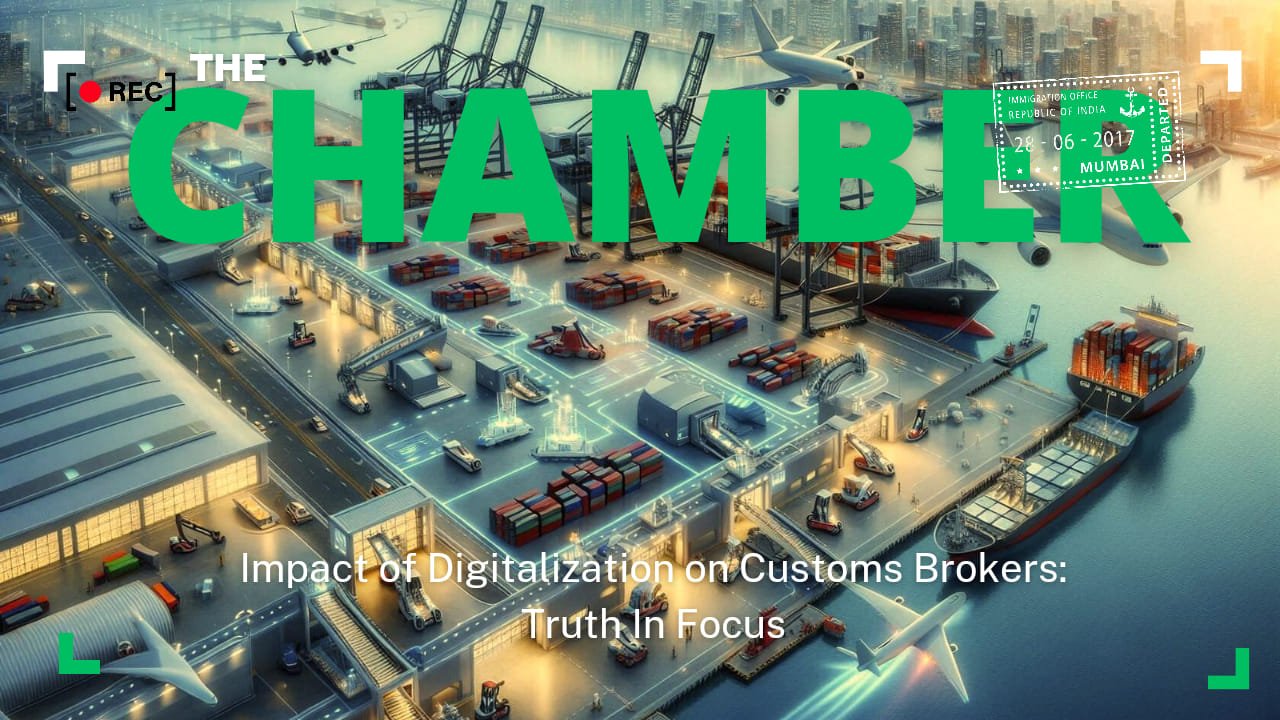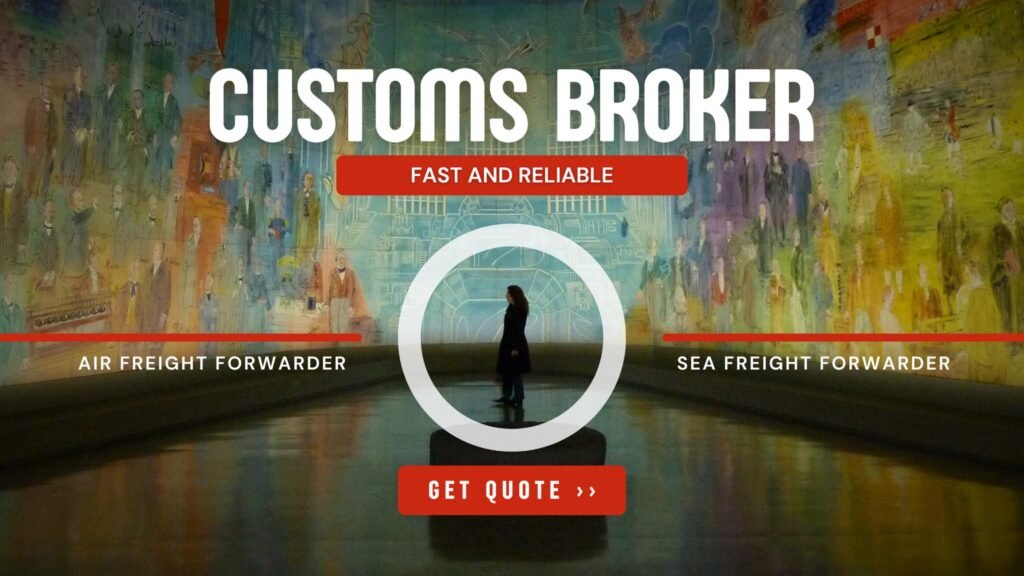Guided by Philippine President Marcos, the nation is embarking on a pioneering path toward digital transformation. Central to this endeavor is the digitalization of governmental operations, a flagship endeavor intended to streamline bureaucracy, elevate transparency, and bolster efficiency. While this shift holds promise for overall national advancement, it also entails notable transformations, especially impacting specialized professionals like customs brokers.
In the Philippines, digitalization is essential, elevating efficiency, transparency, and service provision. It drives economic growth, nurtures inclusivity, fortifies resilience, advocates for environmental sustainability, and amplifies global competitiveness. Ultimately, it serves as a cornerstone of socioeconomic progress, presenting avenues to surmount obstacles and forge a promising future for every citizen.
The Digitalization Drive: A Vision for the Future
President Marcos’s vision for a digitally transformed government is one rooted in efficiency, accountability, and progress. By harnessing the power of technology, the administration aims to modernize outdated systems and revolutionize the way government services are delivered. From online transactions to digital records management, every aspect of governance is undergoing a digital makeover.
Subscribe to the MyCCBI365 newsletter
The Impact on Customs Brokers
In the ongoing digitalization effort, customs brokerage emerges as one of the sectors undergoing significant transformation. Historically, customs brokers have played a pivotal role in facilitating global trade by bridging importers/exporters and government entities. Yet, with the advent of digital platforms and automated systems, the customs clearance landscape is undergoing a profound shift.
Embracing Technology: A Necessity for Survival
In the evolving customs brokerage industry, embracing technology is imperative for survival rather than optional. The transition to digitalization presents both challenges and opportunities, necessitating brokers to adjust their business approaches. While some may perceive this shift with caution, forward-looking brokers view it as a chance to enhance services, boost efficiency, and maintain a competitive edge.
Enhanced Efficiency and Transparency
Digitalization brings significant advantages to customs brokers, primarily through streamlining customs clearance processes. Utilizing digital platforms allows for swift document processing, real-time tracking, and seamless communication with government entities. This not only decreases turnaround times but also reduces the likelihood of errors, resulting in smoother transactions for clients.
Furthermore, digitalization fosters transparency and accountability in customs operations. Through electronic records and audit trails, brokers ensure adherence to regulations and offer clients greater insight into the clearance procedure. This transparency cultivates trust and confidence, bolstering the reputation of customs brokers among both clients and regulatory bodies.
Investing in Skills and Training
To maximize the benefits of digitalization, customs brokers need to prioritize skills enhancement and training. Proficiency in digital platforms, expertise in electronic documentation systems, and adeptness in data analysis are crucial in today’s digital landscape. By upgrading skills and embracing technological advancements, brokers can establish themselves as indispensable contributors to the global trade network.
Collaboration and Partnership
In the digital realm, customs brokers rely on collaboration and partnerships as vital tactics. By closely collaborating with government bodies, technology suppliers, and industry peers, brokers wield influence over digital strategies, molding the future of customs procedures. Through robust partnerships, brokers gain access to resources, exchange expertise, and jointly tackle challenges arising from digital evolution.
Conclusion: As President Marcos’s primary initiative unfolds, the digitalization of governmental procedures will drastically alter business practices in the Philippines. Customs brokers face both obstacles and prospects in this shift. By embracing technology, honing skills, and fostering partnerships, brokers can not just adjust but excel in a digitally-driven era, positioning themselves as trailblazers in innovation and efficiency, paving the path towards a more advanced future for the nation.
Doc. Anthony Cristobal, Lcb









